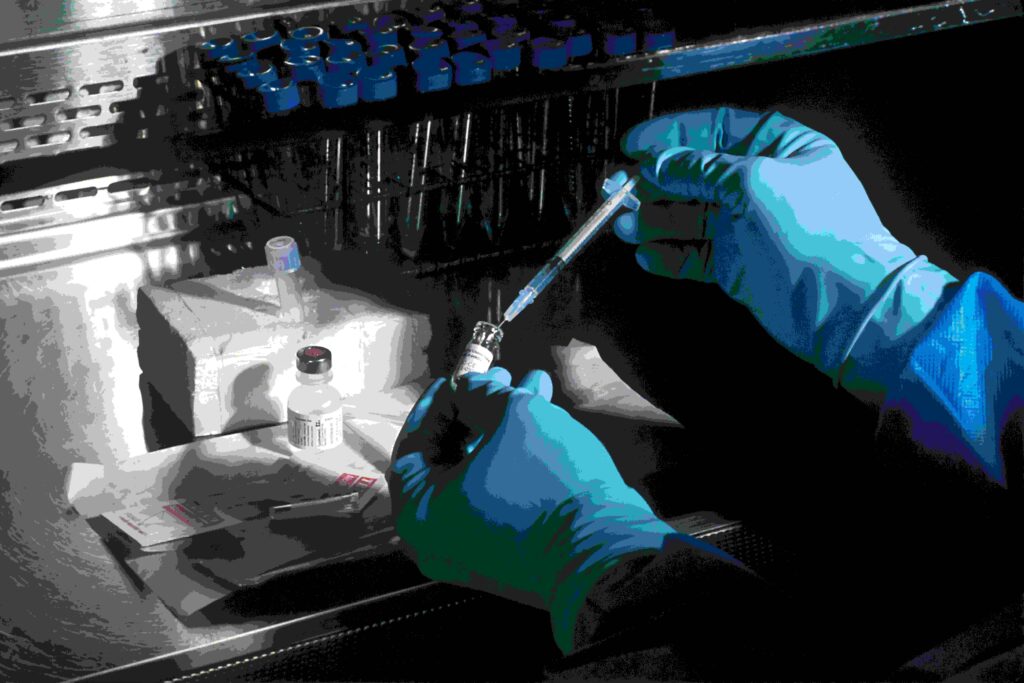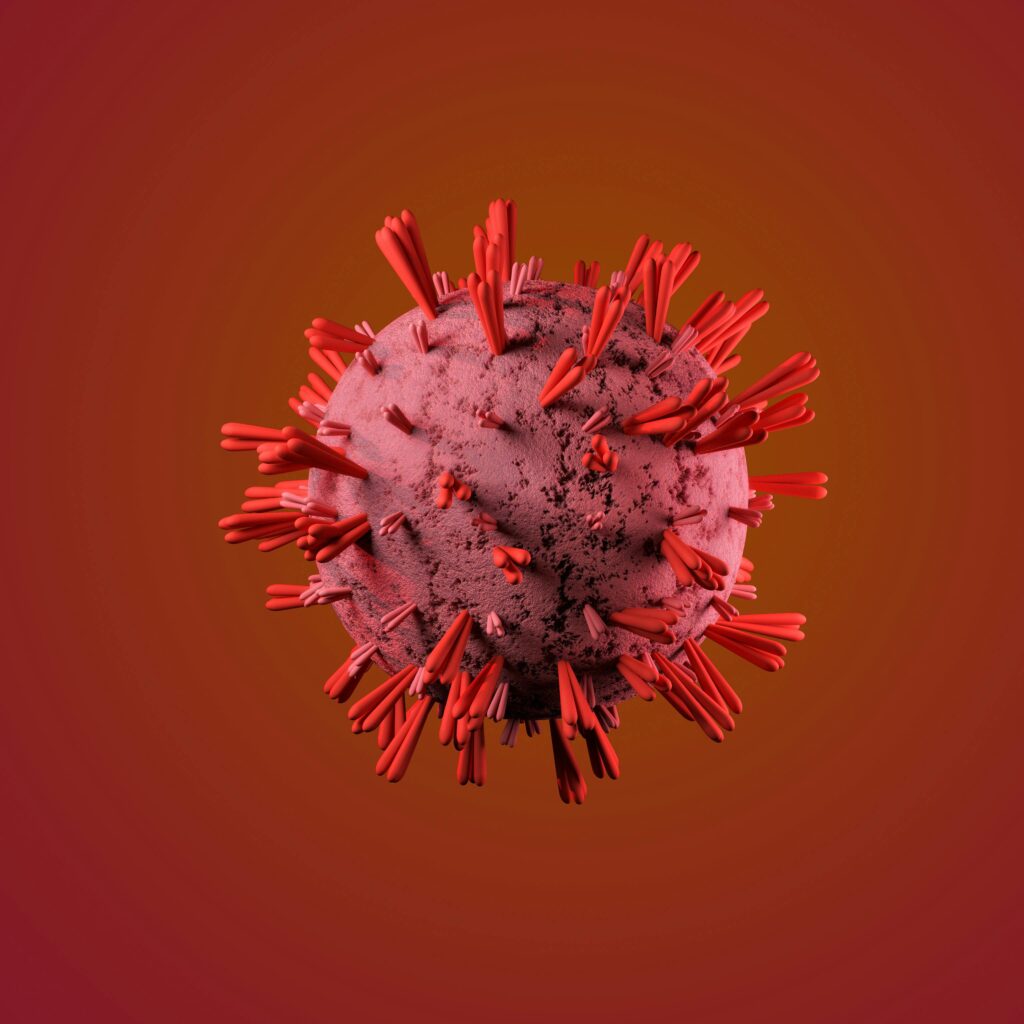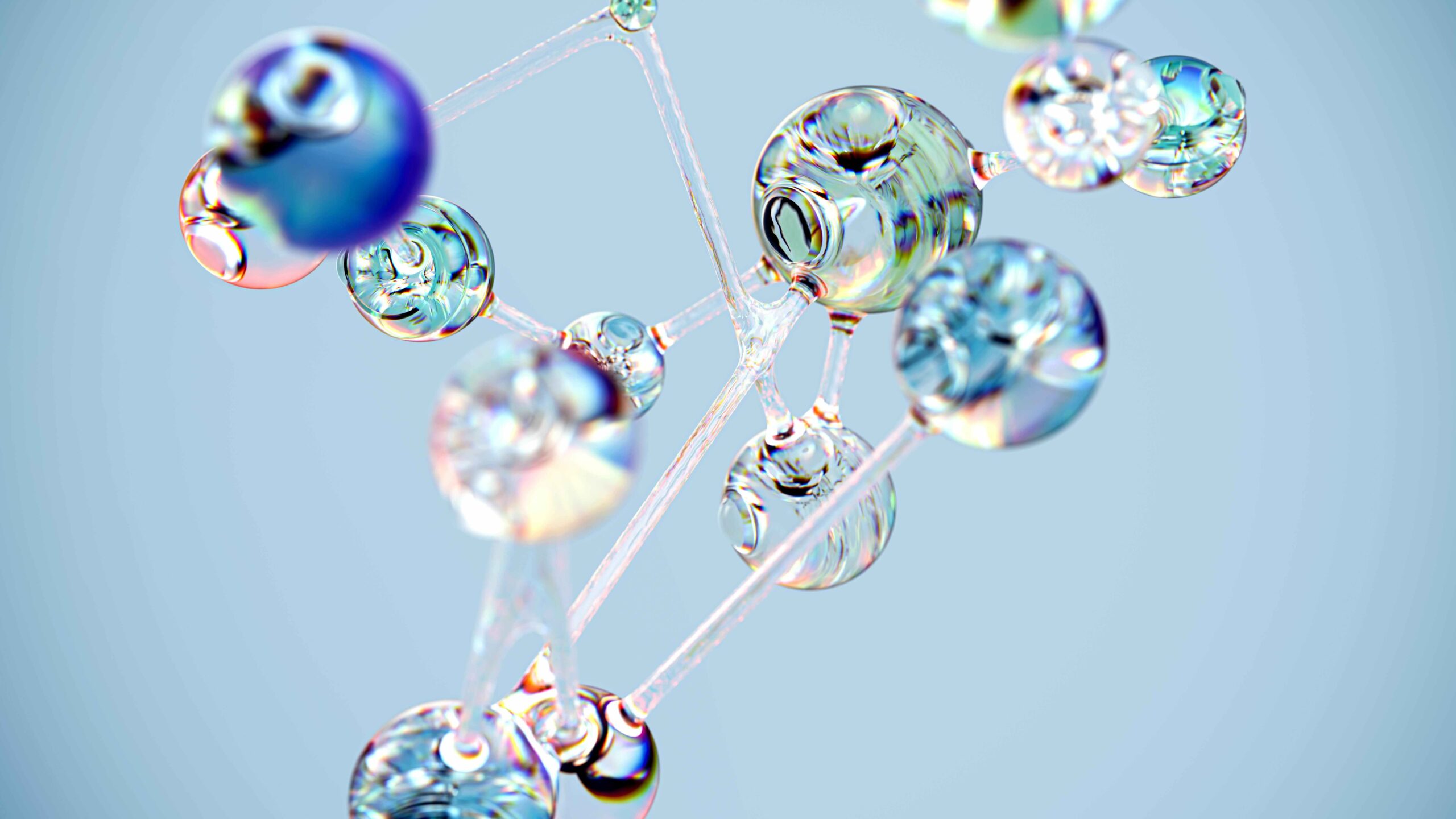Table of Contents
INTRODUCTION
Nutrition is revolutionizing. No more “one-size-fits-all” diets; AI nutrition ensures that diet plans will be taken to an individual based on his or her specific genetic predisposition. All these are transforming how we address health and wellness; previously inaccessible insights are now very much within reach.
In this blog post, we will explore how AI-powered nutrition depends on genetic data, along with its benefits, science, and how it might redefine the future of personalized health.
AI-Powered Nutrition
What is AI-Powered Nutrition?
AI-powered nutrition is the term referring to the integration of artificial intelligence and nutritional science to come up with a person-specific diet. From DNA analysis, an AI can predict exactly how a person’s body processes nutrients, reacts to certain foods, or regulates his or her metabolism.
It builds on:
Genetic Testing: DNA samples expose genetic markers to metabolism, nutrient absorption, and some food sensitivities.
AI Algorithms: Advanced algorithms evaluate this genetic information to expose dietary choices that one needs to be taken.

How Do These Work?
Genetic Data Gathering: A simple saliva or blood test will suffice to yield the required DNA for testing.
AI Analysis: the AI analyzes this genetic information to discover individual diet requirements.
Custom Diet Design Based on genetic characteristics, AI creates a personalized nutrition plan with the best food choices, portion sizes, and nutrient intake.
For instance, someone with a genetic predisposition to be lactose intolerant will receive a recommendation on a lactose-free diet. Similarly, people who have genes that make them metabolize caffeine more slowly should avoid or at least cut down considerably on coffee.
The Science of AI Nutrition
Genetic factors and dieting
There are certain genes that affect how a body functions when exposed to food. For example:
FTO Gene: Body weight and metabolism of body fat.
MTHFR Gene: This gene informs how the body deals with folic acid and other B vitamins.
CYP1A2 Gene: This gene determines the speed at which an individual metabolizes caffeine.
AI translates these genetic factors for personalized nutritional advice.
Using AI to Personalize
The traditional diet is based on general guidelines, while AI can:
Predict Response to Diet: Determine how a person’s body will respond to carbohydrates, fats, or proteins.
Determine Deficiencies in Nutrients: Point out potential deficiencies of vitamins or minerals.
Recommend Lifestyle Changes: Provide suggestions on dietary habits.
With AI nutrition, the fusion of big data and machine learning with genetic insights, a personalized roadmap to healthy eating is created.

Benefits of AI-Powered Nutrition
1. Personalized Insight
Unlike general tips, AI-powered nutrition offers a diet plan wherein you are special.
2. Health Outcomes
DNA-based diet can make you better at:
Metabolic efficiency.
Chronic disease probability.
Increase energy as well as overall sense of wellness.
3. Weight Management Optimization
Genetic predispositions may be accounted for by AI in recommending healthy weight gain or loss.
4. Better Disease Prevention
Aware of genetic predispositions for example towards diabetes or heart disease, AI-based nutrition recommends measures for prevention.
5. Optimal Athletic Performance
AI-assisted dieting personalizes programs to ensure optimal muscle repletion, endurance, and energy.
6. Increases awareness of food sensitivities
AI can identify stealth intolerances like gluten or lactose intolerance that can be corrected to facilitate easier digestion and comfort.
Application of AI in Nutrition in Practice.
Estud Cases.
Maria’s Gastric Physiology
Maria was in her third attempt to lose weight for more than ten years. She discovered through a DNA test that she tends to metabolize fat more readily than carbohydrates. A diet plan created by her AI urged her to follow high fat-low carbohydrate ketogenic diet for three months. During the three months, she lost 20 pounds.
John’s Sports Performance End
John, an athlete, leveraged AI-based nutrition to determine the appropriate amount of proteins for muscle recovery to improve his performance and lower the possibility of injuries.
Challenges and Considerations
While AI-based nutrition is revolutionary, there are some caveats:
Privacy Matters: Testing DNA requires sharing sensitive information.
Cost: Genetic testing and AI service is expensive.
Accuracy: Results based on DNA analysis may not be always accurate.
Always seek a reliable service so that recommendations are valid and trustworthy.
AI-Powered Nutrition Future
The future of nutrition stands before it, braced with more accessible and accurate technology. Some of the trends that are expected in the future include:
Combination with Wearable Devices: Genetic data merged with real time health monitoring.
AI-Driven Grocery Shopping: Apps that recommend groceries according to your DNA profile.
Dynamic Diet Adjustments: AI adjusts your diet plans according to how your health evolves alongside your goals.
Getting Started with AI-Powered Nutrition
How to Start
Choose a Reliable Service: Identify organizations that specialize in AI-based nutrition and genetic testing.
Send Your DNA Sample: Take the test based on the service guidelines.
Receive Your Report: View the result of algorithms and inputs for suggestions.
Start the Diet and Lifestyle Changes: Encourage and alter your diet and lifestyle.
Top Companies
DNAfit
Nutrigenomix
Habit.

Ethical Concerns in AI-Based Nutrition
AI-based nutrition also brought similar important ethical concerns, like any new invention, because of its widespread adaptation and success.
1. Privacy and Data Protection
Perhaps the biggest issue with AI-powered nutrition is the fact that genetic information is being processed. Companies must put in place strong encryption methods and transparent policies over the handling of the data.
Where is my genetic data stored?
1. Who has access to it?
Is it anonymized for research purposes?
2. Bias in Algorithms
AI systems rely strictly on data. If the train data that has been deployed in the AI systems is neither diverse nor comprehensive, then the recommendation derived may not function equally effectively for all groups. Fairness and representation are fundamentally important in AI-based nutrition.
3. Accessibility and Cost
Currently, genotyping and AI-based services are very expensive and, therefore, not very accessible for the general population. Instead, companies working on democratizing AI-based nutrition need to look at cost efficiency and friendliness to users.
The science that talks about the relationship between nutrition and genes, known as nutrigenomics, has been pivotal in shaping the success story of AI-powered nutrition. Here, one understands how each nutrient impacts gene expression to tailor dietary recommendations for the best health outcome.
Examples of Nutrigenomic Applications:
Vitamin D Receptors: Genetic variations determine your ability to process and make the best use of vitamin D, thus determining your bone health.
Omega-3 Fatty Acids: Some genes control the body’s ability to metabolize omega-3s that then impact heart and brain health.
Detoxification Pathways: Nutrigenomics pinpoints genetic markers associated with detoxification; knowing this, individuals can select foods that feed their liver.
AI absorbs all this information and converts it into algorithms that complement your diet to support your genetic expressions.
Interlinking AI-Powered Nutrition with Other Emerging Technologies
There exists an enormous potential for synergy between AI-powered nutrition and other emerging technologies that can generate a holistic approach to health and wellness.
1. Wearable Devices
Wearable health trackers and smartwatches track real-time parameters such as heart rate, calorie burn, and sleep quality. These are integrated with the insights developed by AI from your genes, which further helps to fine-tune your diet dynamically.
2. Mobile Health Apps
AI-powered apps may be able to provide.
Real-time, DNA-driven suggestions for meals.
Calorie tracking based on metabolic rate.
Nutrient-specific meal reminders through a push notification.
3. Smart Appliances for Kitchen
Devices that connect to your customized diet profile may.
Propose recipes based on what is in your pantry.
Automatically adapt to serving sizes based on nutrient needs of an individual.
Track the level over time.
AI-Fuelled Nutrition for Individual Goals.
AI-fueled nutrition can be directed towards many different health and lifestyle goals.
1. Weight Management
Optimized plans according to the metabolic rate and tendency to hold onto weight or lose muscle mass.
Meal timing suggestion increases energy expenditure.
2. Control of Chronic Diseases
With AI, health advice on specific diseases like diabetes, hypertension, or even autoimmune diseases would be individualized.
Indication of low glycemic foods for diabetes.
Show preference to potassium food intake in hypertension.
3. Mental Health and Cognitive Capability
By analyzing genes markers which are related to health in the brain, AI will be able to tell foods that will contribute to moods, attention, and memory. For example, increased intake of added omega-3 fatty acids or antioxidants.
4. Longevity and Anti-Aging
Personalized diets that focus on anti-inflammatory, antioxidant, and cellular-anti-aging food for longevity and all-around energy and vitality.

Debunking the Myths around AI Nutrition
Myth 1: It’s for the Rich
While the introductory price may be pricey, many services are heading toward inexpensive models that will make AI-powered nutrition within reach for a much larger population.
Myth 2: Replacing Human Dietitians
AI is supposed to assist, not replace, professional nutritionists. There is always human expertise needed in interpretation of results, plus emotional support when changing diets.
Myth 3: DNA Determines Everything
Genetics is just one part of the picture. Environmental considerations, lifestyle, and personal tastes also come into play in nutrition and health.
How to Leverage AI In Nutrition
Success Tips:
Be Well Informed: Research your service provider thoroughly enough to guarantee quality and dependability.
Be Constant: Stick strictly to your diet plan for at least a few months before you start feeling changes.
Combine with Lifestyle Changes: Regular exercise and mental health support maximizes the benefits of a personalized diet.
Updated or Modified: You can update or amend your plan according to your changed health goals or conditions from time to time.
Global Impact of AI in Nutrition
AI in nutrition may reduce the global burden of obesity, malnutrition, and chronic diseases. This technology can alter diets for specific people as per their demands so that:
healthcare costs can be reduced because disease prevention occurs.
Increase productivity and overall well-being.
Eliminate food waste and turn meal planning into an exact science toward supporting sustainability.
Conclusion
AI Nutrition Changes the Game
Unlock the secrets of your DNA with unprecedented personalization-culminating in optimized health and wellness. Whether it’s to lose weight, improve athletic performance, or simply eat better, AI Nutrition contains all the tools a person will need to succeed.
Imagine the future of nutrition today and embracing AI-powered nutrition to lead you into a healthier, more personalized approach to eating.
Disclaimer
The information in this blog is provided solely for educational and informational purposes. AI-powered nutrition is an exciting approach to personalized diet recommendation through DNA data; however, it is not intended to replace or be a substitute for medical professional advice, diagnosis, or treatment.
Always get in touch with an experienced health professional or a qualified nutritionist before making significant diet changes or getting genetic testing. Outcomes and recommendations from AI-based services vary and must be observed critically.
This blog does not promise any outcome that may arise from the use of the material presented herein. Readers should make informed choices and seek professional consultations that are appropriate to their specific health needs.

